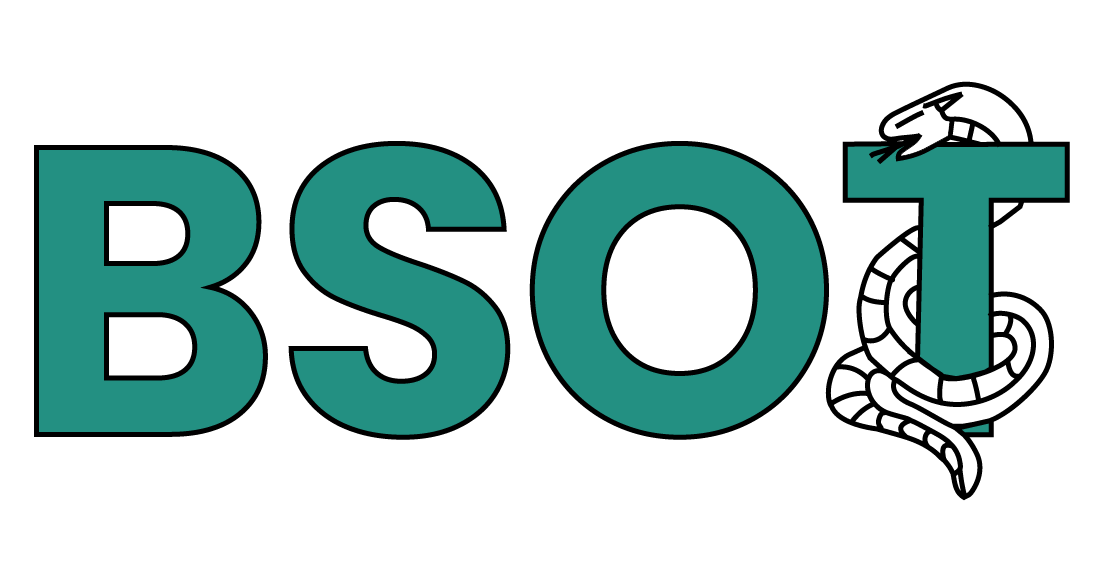History of BSoT

The Senior Urology Registrars Group (SURG) was formed over 30 years ago with the aim of bringing trainees together and representing their interests. At that time there were about 30 senior registrars, who met each year with almost 100% attendance.
 In 1988-89, Mark Speakman (SURG Chairman at the time) was co-opted on to BAUS council as a junior member during the BAUS Presidency of Richard Turner-Warwick. This was the first time the Senior Registrars had been formally represented at BAUS.
In 1988-89, Mark Speakman (SURG Chairman at the time) was co-opted on to BAUS council as a junior member during the BAUS Presidency of Richard Turner-Warwick. This was the first time the Senior Registrars had been formally represented at BAUS.
Over the years, SURG convened many meetings covering a variety of topics including educational, career planning and social content. It was a good focal point for disseminating information about courses, exams, fellowships and job opportunities, with industry support making the events affordable. Members also participated in charity events building camaraderie and giving back to the urology community.
In latter years the acronym morphed into the Specialist Urology Registrars Group, reflecting the greater number of trainees. The annual meeting continued with a monthly newsletter giving updates on training and job opportunities. Generous contributions from former members meant there were valuable FRCS revision aids on the SURG website.
Why did joining BAUS become an option?
Other specialities have active representation in their specialist associations. The Association of Surgeons in Training (ASiT) and the British Orthopaedic Trainees Association (BOTA), in particular, have been successful in representing their trainees’ interests and collaborating with other professional bodies to make positive changes to their training.
The option of incorporating SURG into BAUS as a formal section was suggested in 2017 by Kieran O’Flynn, then BAUS President, and an informal suggestion became a formal invitation.
The merger of SURG with BAUS meant that trainees could be represented at local and national training meetings. With this comes the opportunity to work closely together with Consultants to make improvements to urological training. BAUS has a surfeit of collective clinical, educational and managerial experience, and trainees will benefit from this. The infrastructure in place allowed more efficient communication and legislature, giving more time to focus on important training issues.
What about trainees who are not BAUS members?
 The section represents all trainees. A trainee who is not a member can contact their regional representative to raise issues. BAUS offered ST3 Registrars a year’s free membership and has worked to reduce costs for more junior trainees.
The section represents all trainees. A trainee who is not a member can contact their regional representative to raise issues. BAUS offered ST3 Registrars a year’s free membership and has worked to reduce costs for more junior trainees.
BAUS and the trainee section are also keen to support core trainees, foundation trainees and medical students who are interested in pursuing a career in urology.
What does the new trainee section mean?
Welcoming SURG as the BAUS Section of Trainees (BSoT) means that trainees can contribute and shape the future of their speciality, and emphasises the importance of trainees and training within the BAUS agenda.
Trainees have precious little time to get the clinical, surgical, management and academic experience they need to become urology Consultants. Trainees recognise the huge contribution made by their Consultants. Supervision, mentorship, educational roles and work-based assessments take time and commitment but, by working together, we can ensure that the future of British urology is safe in our hands.
A full version of "The History of BSoT" was published in Urology News. Use the links below to read it:
Download a full version